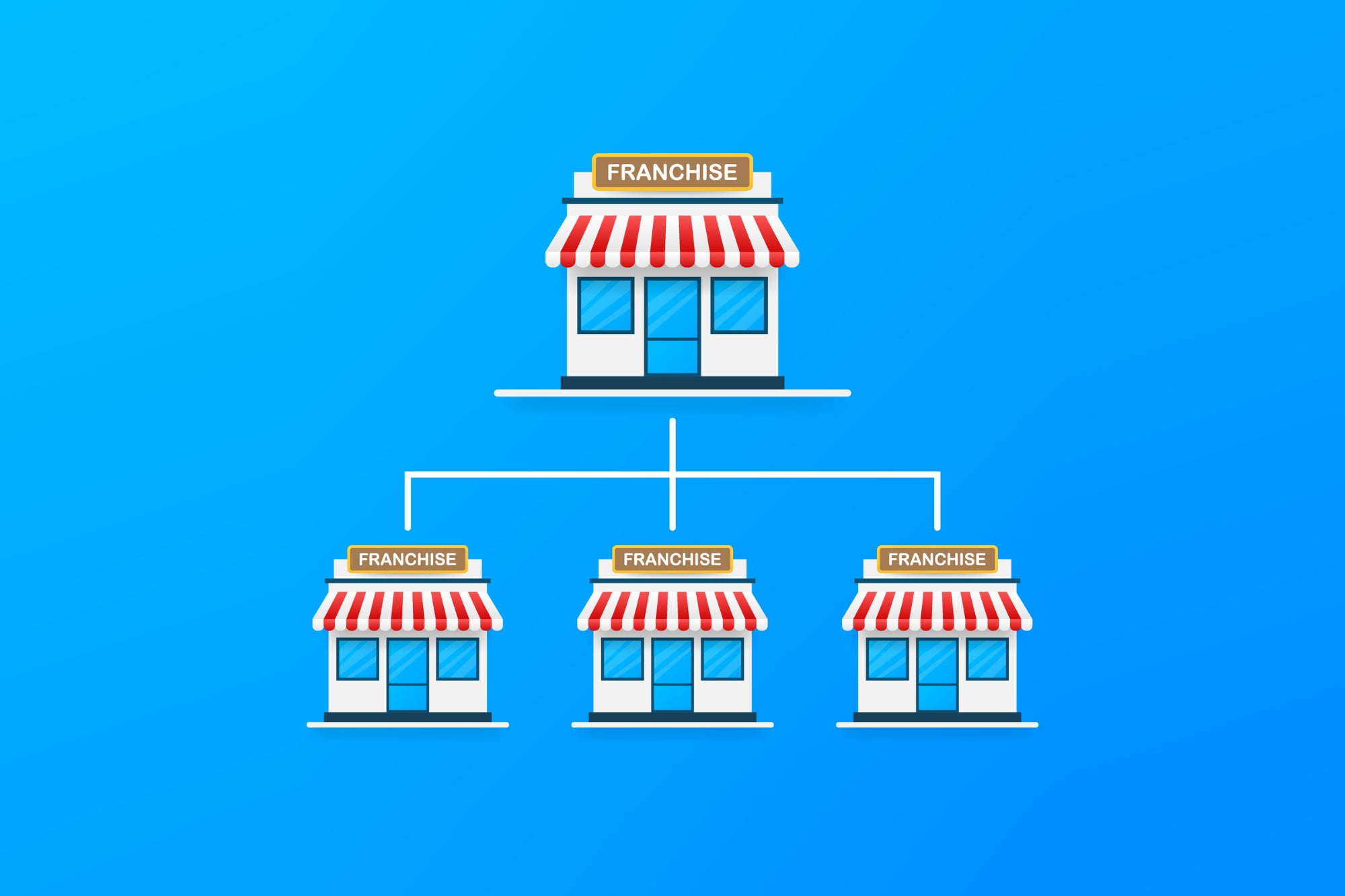Franchising has become a cutting-edge business model, presenting unparalleled benefits. It bestows the unique opportunity for enterprising individuals to bask in the glory of business ownership while harnessing the power of a well-established brand and a treasure trove of industry knowledge.
However, just like any intriguing venture, franchising has risks. We will discuss franchising, unraveling its enigmatic advantages and disadvantages from the franchisee’s perspective.
Advantages of franchising for the franchisee
One of the foremost perks of franchising lies in its ability to minimize the risk of embarking on a business endeavor.
Franchisees are granted the invaluable advantage of capitalizing upon the established reputation and unparalleled brand recognition of the franchisor, who has already devoted substantial resources towards marketing initiatives and fostering a loyal customer following.
As a result, the franchisee is granted substantial respite from the hefty initial investment typically demanded for marketing and advertising, thus affording them to focus primarily on operations.
Moreover, the franchisee benefits through continued assistance and training rendered by the franchisor. This encompasses invaluable insights into revolutionary marketing tactics, franchise operational procedures, and supplier relationships.
With the franchisee leveraging the franchisor’s profound expertise and extensive know-how, the probability of the franchise’s success soars to unprecedented heights.
One of the remarkable perks of franchising lies in the doorway it opens to pre-established supply chains and economies of scale. Franchisees find themselves basking in the advantages of discounted bulk purchasing and fortified negotiation prowess when dealing with suppliers.
Ultimately, this cultivates a splendid avenue for lower money expenditure when stocking inventory and procuring supplies, which leads to improved profit margins.
Disadvantages of franchising for the franchisee
Franchising limits autonomy and control as franchisees must follow the rules set in the agreement. This restricts their ability to make independent decisions, which can be frustrating for those with entrepreneurial aspirations and creative ideas.
Franchisor rules bind entrepreneurs buying a franchise and must pay ongoing fees, such as royalties, marketing contributions, and licensing fees, which can significantly affect profitability and cash flow. Franchisees must evaluate these costs and ensure they align with their financial objectives.
The franchisee’s business success hinges on the franchisor’s overall success. If the franchisor experiences financial troubles or a tarnished reputation, it can directly impact the franchisee.
The franchisee has limited control, and this lack of control creates uncertainties and significant risks.
Conclusion
Franchising has pros and cons for the franchisee. It minimizes risk and grants access to a respected brand and support network.
However, it also limits autonomy and control. Potential franchisees must carefully weigh these factors before embarking on their entrepreneurial path and starting a franchise.
